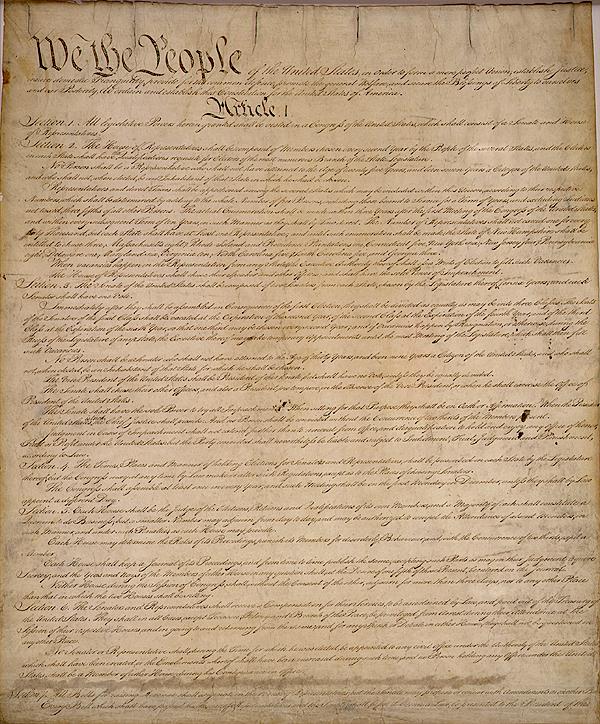
The Hemmings household was, by nature, homogenous in ideals. Thomas Jefferson himself was the only politically versed person of the house. At the time no other member had the affluence or ability. That being said it’s certainly most likely they shared his sentiments, Sally Hemmings was known to have been an open ear for Jefferson. As Thomas Jefferson and a few of the family members were in France at the time of the signing of the constitution he could not directly contribute, his input is not hard to trace(nor his opinions on the final product). Jefferson had routine correspondence with James Madison throughout the process, as well as having sent letters to be addressed to the entire delegation. At many points throughout the beginning of the process Jefferson voiced his hopes and Fears. His influence on the structure of separation of powers and way in which the states coordinate with the federal government is clear. Jefferson was a supporter of comparative advantage, for the states that meant being able to specify your own economy and laws in order to strengthen the whole. He was not ultimately completely happy with what went into the constitution regarding this, but all the same did not see it as illegitimate. He also was a vehement supporter of the bill of rights, and of something like it being in the initial constitution. He believed in certain inalienable rights apart from the liberties states may be able to take regarding self-governance. He Fought for religious liberty to the point of including it in the Virginia statute of civil liberty, which he authored and passed the Virginia General Assembly in 1786. He had at this point rallied the full support of James Madison, who helped him levy his ideals from afar. Madison was also a staunch supporter of civil liberties and the ability for people to separate their individuality from responsibilities associated with citizenship. Jefferson did not have his pure democratic ideals represented fully in the new constitution, advocating for it to be revised routinely in order to avoid generational bias and fighting for the expansion of the rights of all peoples, but he was able to have his ideology sewn into the main points of the new constitution. Above all, he supported the idea of the ability for the people to make such a constitution, and believed fully that it could be reworked without catastrophe. Indeed he did try to reform it, voicing his opposition to the removing of the alien and sedition acts, believing it put the states at danger. Also he was a main contributor in obtaining the Louisiana purchase from Napoleon, believing in the expansion of the basic ideals that underpin governance in America.